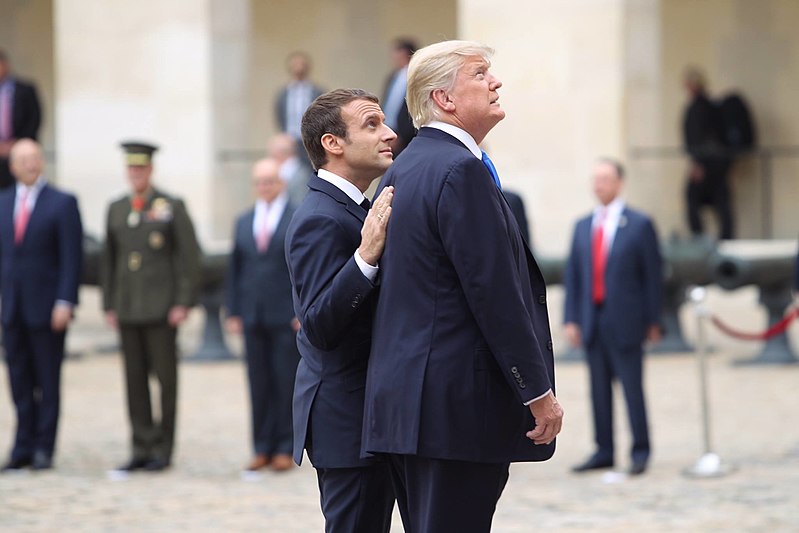
In a striking diplomatic maneuver, French President Emmanuel Macron has extended a high-profile invitation to Donald Trump, positioning the president-elect at the center of a momentous event: the restoration of Notre Dame Cathedral.
The invitation symbolizes Trump’s rapidly returning international influence, coming six weeks before he officially begins his second presidential term. This gesture highlights a dramatic shift in global political dynamics, with Trump already signaling his assertive foreign policy approach through provocative statements and interactions with international leaders.
Trump’s anticipated appearance at the Notre Dame ceremony represents more than a ceremonial visit. It’s a carefully choreographed opportunity to reassert his global presence, coming at a time when current President Joe Biden faces increasing criticism, particularly after pardoning his son Hunter—a move that drew bipartisan condemnation.
The Paris trip underscores the complex diplomatic landscape Trump is re-entering. World leaders are grappling with how to engage with a president known for unpredictable and potentially confrontational approaches. Trump has already hinted at potential trade tensions with Canada and Mexico and issued stark warnings about Middle East hostage situations.
Macron’s invitation is part of an ongoing European power play to maintain influence with the United States. The French president, despite his own declining popularity, is attempting to position himself as a key international interlocutor. However, this diplomatic overture is laden with irony, given Trump’s historically inconsistent relationships with European allies.
Their previous interactions offer a cautionary tale. During Trump’s first term, their relationship oscillated between effusive mutual praise and sharp disagreements. A memorable moment included Trump brushing “dandruff” off Macron’s shoulder in the Oval Office, declaring him “perfect.” Yet, their bromance quickly soured over disagreements about European defense spending and military autonomy.
The current invitation comes against a backdrop of significant global uncertainty. Western powers are anxious about Trump’s potential foreign policy directions, including fears about his stance on Ukraine, potential EU tariffs, and NATO commitments. Trump has previously suggested he might allow Russia considerable latitude with NATO members who don’t meet defense spending guidelines.
Macron’s strategic move is particularly noteworthy given the rising influence of far-right political movements in France. Marine Le Pen, whose political ideology shares similarities with Trump’s, could potentially become a future French president. This political context adds layers of complexity to Macron’s diplomatic gambit.
Trump’s upcoming trip is also marked by a fascinating diplomatic appointment: selecting Charles Kushner, his son-in-law’s father, as the next US ambassador to France. Despite Kushner’s controversial past, including a previous conviction, the appointment could be seen as a familial gesture of trust.
The event promises all the elements Trump appreciates: global attention, ceremonial grandeur, and an opportunity to reclaim the international spotlight. For Macron, it represents a chance to position France at the center of emerging geopolitical negotiations.
However, seasoned observers remain skeptical about the longevity of this diplomatic rekindling. Trump’s preference for leaders like Hungarian Prime Minister Viktor Orbán—whom he has praised as a “strong man”—suggests his international relationships are often transactional and unpredictable.
As the world watches, this Notre Dame restoration ceremony might well symbolize more than architectural renewal—it could represent the potential reconstruction of international diplomatic relationships in the Trump era.



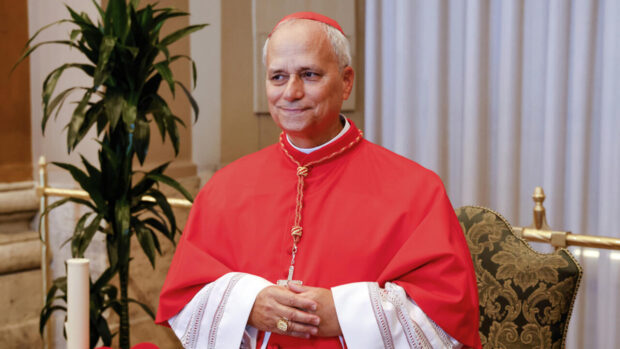
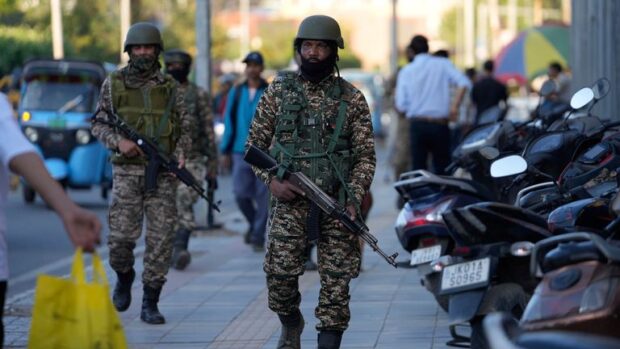
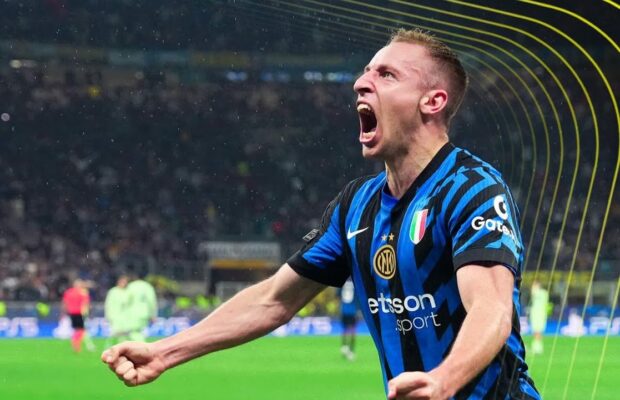
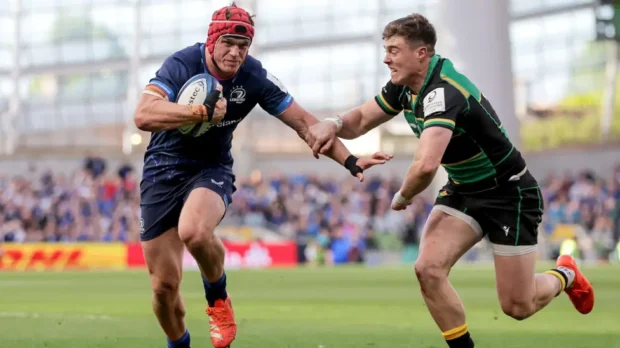
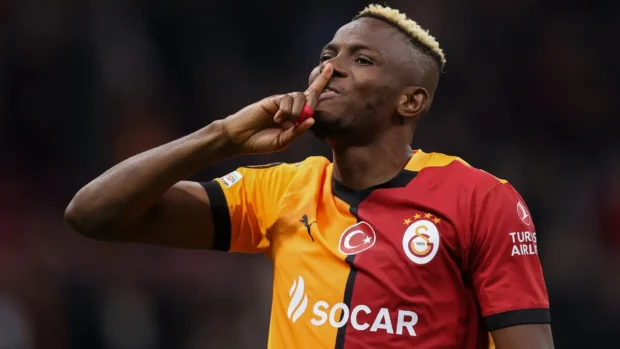
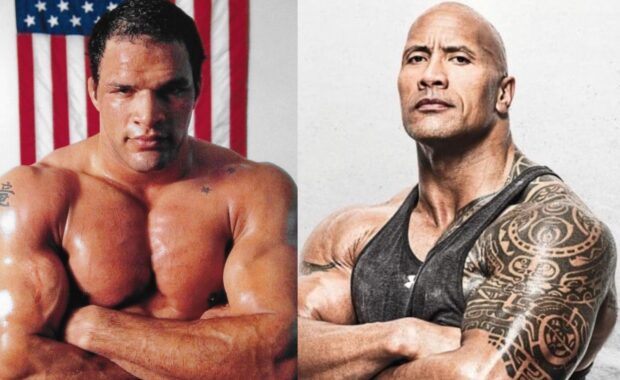


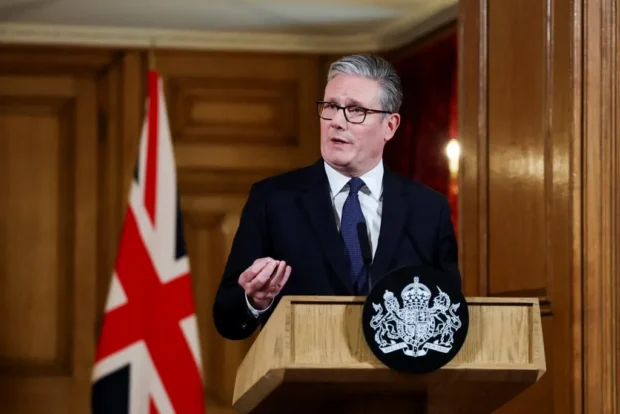
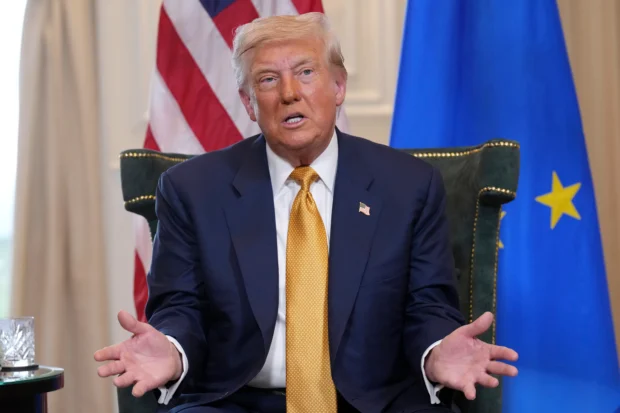


Be the first to leave a comment